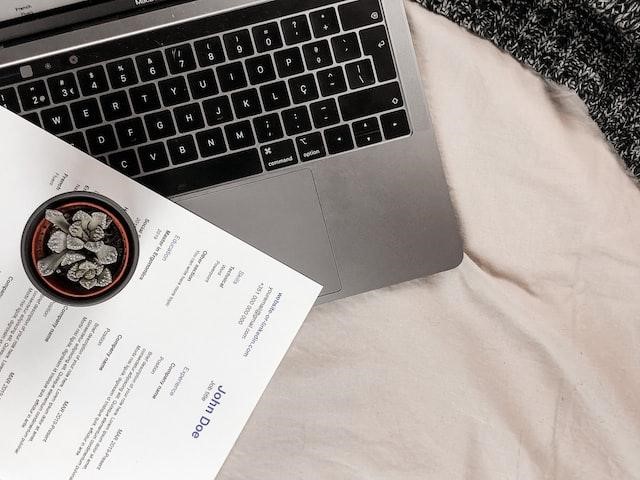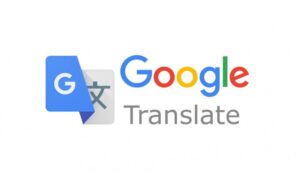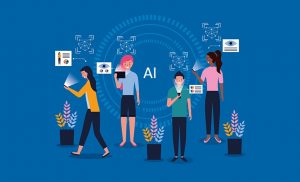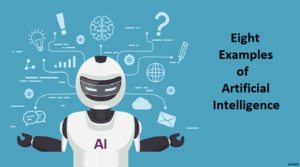Artificial intelligence (AI) has become a familiar part of everyday life. You see it in everything from the smart assistant on your phone to Google search results, and its use in the workplace is growing, too. As recruiting talent becomes increasingly challenging, many professionals wonder if AI could help.
Companies have set their sights on global talent acquisition in the face of labour shortages and increasing competition. Hiring internationally remote workers can offer significant benefits, but it’s often a long, complicated process. AI’s efficiency seems promising in this area, but lingering concerns still surround the technology.
AI is rapidly advancing, but it’s still relatively new, so can you trust it in global talent acquisition? Here’s a closer look.
How AI Benefits Global Talent Acquisition
“AI can be more trustworthy than people in talent acquisition”
A staggering 96% of senior HR workers believe AI can significantly improve talent acquisition and retention. More than half say it’ll become a standard part of HR within five years. Of course, you shouldn’t embrace technology simply because everyone else is. However, AI’s potential goes beyond worker sentiments.
The most straightforward reason to implement AI in global talent management is to streamline the process. International business growth can take two to three years, with recruiting alone typically taking several months. AI can help by automating paperwork and other routine tasks, matching ideal candidates to positions, offering instant translation and prescreening applicants.
Efficiency alone doesn’t make a technology trustworthy, but AI offers more than just speed and convenience. Most importantly, it can help reduce bias in the hiring process.
Humans often exhibit implicit, deep-seated cultural and historical biases, even when they aren’t outwardly unfair people. You can program AI to ignore gender, ethnicity, age and other factors while prescreening applicants to help remove these subconscious prejudices from the process. That way, AI can be more trustworthy than people in talent acquisition.
Should You Be Concerned About AI’s Potential Downsides?
Some concerns over AI’s trustworthiness in global talent acquisition remain. AI can help remove bias, but in some cases, it can amplify it if programmers and users aren’t careful.
The biases of the humans who program AI can seep into these programs, which then take them to higher extremes through self-guided learning. A model trained entirely on past resumes at a tech company, most of which will likely come from men, may teach itself to disqualify women. In that case, AI could worsen the trend of just 25% of women holding jobs in STEM fields.
Letting AI handle sensitive data like names, addresses and financial information may also introduce cybersecurity concerns. Some people may trust AI itself, but not the practice of making these details potentially easier to breach.
These concerns are worth considering, but they don’t necessarily mean you can’t trust AI. These risks aren’t inherent to the technology, and it’s easier to fix them than it may seem at first. It’s a far less complex task to remove bias from AI than from people, so while these trends can be concerning, AI is still the best way forward with the right approach.
“It’s a far less complex task to remove bias from AI than from people.”
Considerations for Using AI in Global Talent Acquisition
You can trust AI in global talent acquisition if you understand what could hinder that confidence and account for it. Removing bias from the equation is one of the most important steps.
Studies show that removing certain information can effectively eliminate bias in AI, like in a blind taste test. Removing information that indicates race, gender or other factors when training AI models will help them avoid teaching themselves to take on human prejudices. You can even apply this later in the process, removing identifiers from applicants’ resumes before giving them to AI programs.
“Removing certain information can effectively eliminate bias in AI.”
You can further improve trust in AI by applying necessary security controls. Encrypting all databases these models use is a good first step. It’s also best to limit data access so only people training and tailoring the AI model can access its inner workings. Substituting sensitive data for dummy information can help here, too, as it does in removing bias.
It’s also a good idea to avoid overapplying AI. These tools are largely trustworthy, but mistakes can still happen, so the final decision should always come to humans who can recognize potential issues. Remember, AI is best as a tool to help people, not replace them.
Used Correctly, AI Is a Helpful, Trustworthy Tool
You can trust AI in global talent acquisition if you know how to use it correctly. You can tailor it to avoid risks of bias. You’ll then enjoy the full benefits of this technology without worrying about its potential downsides.

